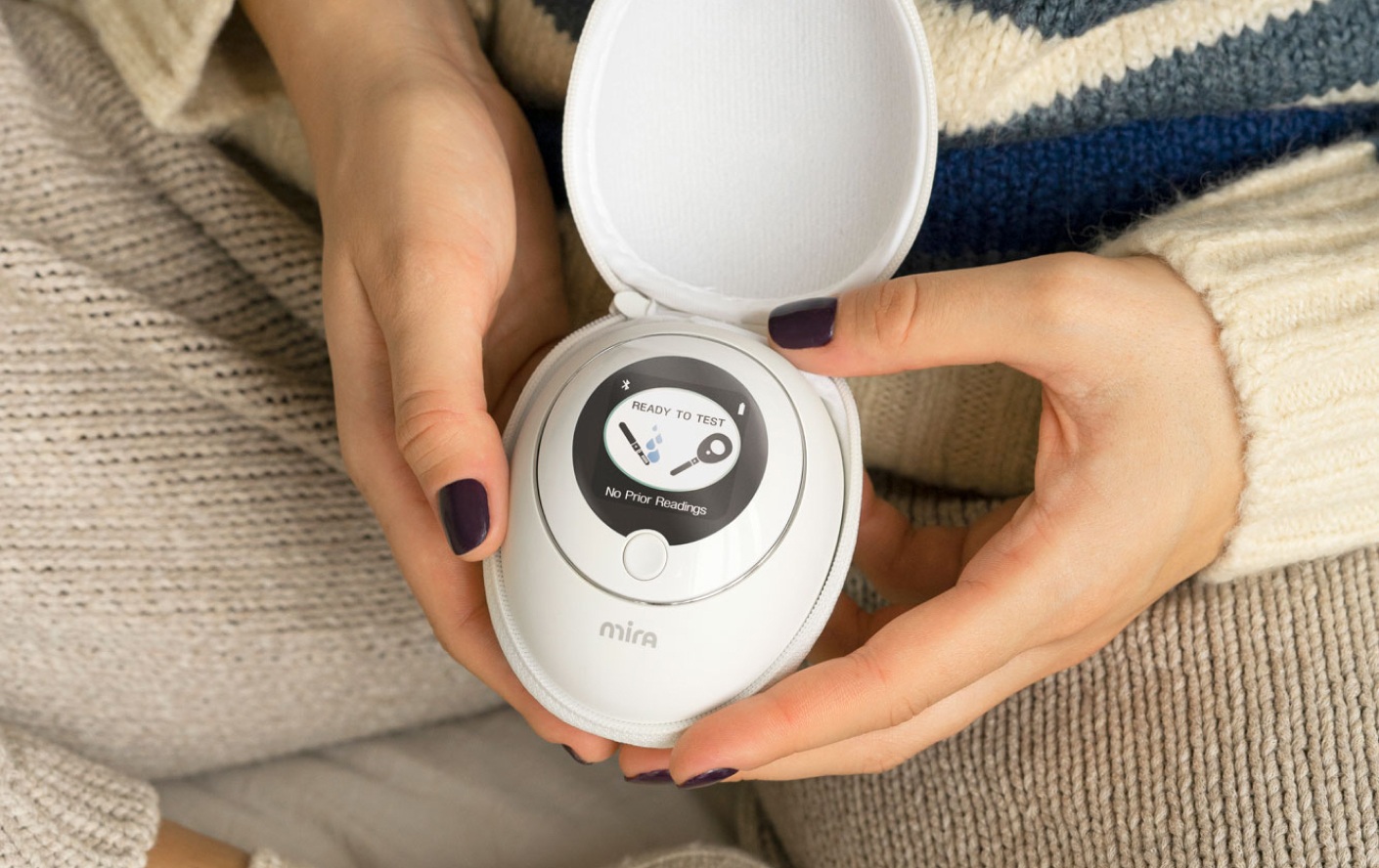6 DPO Symptoms: What to Expect and When to Test
If you are trying to get pregnant, you know exactly what it’s like to scrutinize every little ache, pain, and random craving in the hopes that it is an early sign of pregnancy.

And while you might have to wait a few weeks to know for sure, there is still a possibility that symptoms like cramps, nausea, and fatigue may be related to implantation and early pregnancy – even as soon as 6 days past ovulation (6 DPO).
Here’s a closer look at what’s happening in your body at 6 DPO, potential symptoms you might experience, and when the appropriate time to take a pregnancy test is.
What is happening to your body at 6 DPO?
At six days past ovulation (6 DPO), your fertilized egg is in the process of traveling down your fallopian tube and implanting itself onto your uterus. Once this implantation process is complete, your pregnancy can then officially be detected.
While it is technically possible for implantation to take place as early as 6 DPO, it is important to remember that this is a process that can take anywhere from 6-12 days following ovulation to complete. The majority of women experience implantation between 8-10 DPO, with one study finding that fewer than 0.5% of women experienced implantation at the 6-day milestone.
However, if you are in the minority and implantation has in fact occurred at 6 DPO, here are a few symptoms to be aware of.
6 DPO pregnancy symptoms
It is important to note here that 6 DPO symptoms of pregnancy are very similar to those that many women experience in the second half of their menstrual cycle. The only way to know for certain that you are pregnant is to take a pregnancy test at the right time.
Cramps
Implantation cramping is one of the most common early signs of pregnancy that some women may experience as early as 6 DPO. These cramps typically feel similar to premenstrual and menstrual cramps, with many women often mistaking early pregnancy cramps for their period and vice versa.
If you are pregnant, the culprit behind these 6 DPO cramps might be your fertilized egg implanting itself onto your uterine lining. Alternatively, stress and anxiety about getting pregnant may also be the cause of your body’s abnormal cramping and/or digestion issues.
If you do find yourself over analyzing and stressing over every single ache or cramp in your body, try your best to take a time-out, relax, and find ways to distract yourself from these overwhelming (and unhelpful) thoughts.
Nausea
Nausea is another very early symptom of pregnancy that can be experienced at the time of implantation. This might even be accompanied by constipation and/or indigestion and is likely caused by an increase in the hormones human chorionic gonadotropin (hCG), progesterone, and estrogen – the hormones your body begins to produce after implantation.
Nausea at 6 DPO should not be confused with morning sickness, which doesn’t typically begin until weeks 4-9 of pregnancy.
Fatigue
You may also find yourself feeling extra fatigued, tired, and worn-out at the 6 DPO milestone. Like other early pregnancy symptoms, this can be caused by hormonal fluctuations and your body making the necessary preparations for a baby.
While you don’t necessarily need to overthink these feelings of tiredness, it’s important to remain in tune with your body and take time to rest when you need to rest.
Tender breasts
Another symptom that you may experience at six days past ovulation (6 DPO) is breast tenderness. Early pregnancy hormones are most likely to blame for this discomfort, with many women claiming that their breasts feel swollen and sensitive to the touch.
If you do not typically experience tender breasts before or during your period, there are a few things you can do to ease the pain. This includes investing in a comfortable bra and trying to avoid touching your breasts.
Food cravings
It is also possible for food cravings to begin around the time of implantation due to the influx of pregnancy hormones. Beyond craving peanut butter or something with a bit of spice, you might even find yourself hating foods that you usually love and loving foods that you usually hate!
Giving in to a craving or two is relatively harmless. However, try your best to stick with your pre-pregnancy diet to ensure that your body is a safe and healthy place for a baby to thrive.
Can you test for pregnancy at 6 DPO?
Unfortunately, testing for pregnancy at 6 DPO is not recommended as it’s just too early to tell.
Even if implantation has occurred as early as 6 DPO, the pregnancy hormone human chorionic gonadotropin (hCG) has likely not reached a concentration level high enough for a urine test to be able to detect it. This means that even if you are technically pregnant, you might still get a negative result – which can cause unnecessary stress and disappointment for both you and your partner.
The best thing you can do at 6 DPO is listen to your body, try to relax, and patiently wait to test until a day or two after your missed period for a more accurate result.
6 DPO and negative pregnancy test (BFN)
We’re all human and sometimes we just can’t help but let our curiosity get the best of us. If this is you – and you’ve gone ahead and taken a pregnancy test at 6 DPO only to receive a BFN – don’t be discouraged! There is a possibility that your fertilized egg is still in the process of implanting itself onto your uterus.
In this situation, try to be patient and take solace in the fact that it is extremely rare to receive a BFP at 6 DPO with an at-home urine test. You will be much better off mentally and emotionally if you wait and test again in a week or two.
6 DPO and positive pregnancy test (BFP)
Although rare, it is still possible to receive a BFP at 6 DPO. This means that your pregnancy hormones are rising and you might be pregnant. However, given the fact that it is so early, it’s best to wait at least until your missed period before taking another at-home test to get a more accurate answer.
If you’d like to know as soon as possible, your doctor may be able to run a blood test that measures the amount of hCG in your blood. These tests are more sensitive than urine tests and can be taken as early as 6 DPO. However, blood tests are typically reserved for high-risk patients or for women undergoing formal fertility treatment. Read more about day-by-day DPO symptoms here.

Mira’s Editorial Process
All content produced by Mira meets stringent editorial standards, ensuring excellence and accuracy in language and medical precision. Every piece undergoes thorough fact-checking and review by qualified professionals. Check out our full editorial process to learn more.










